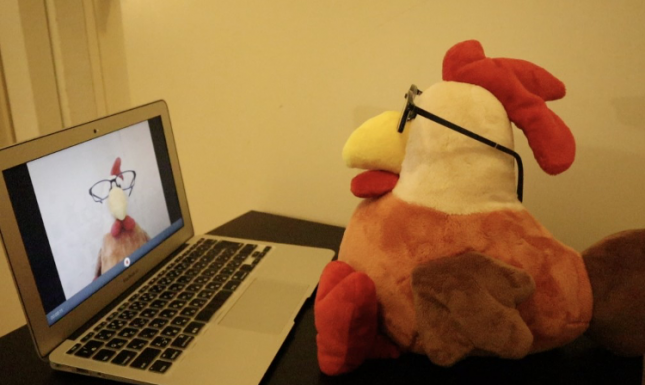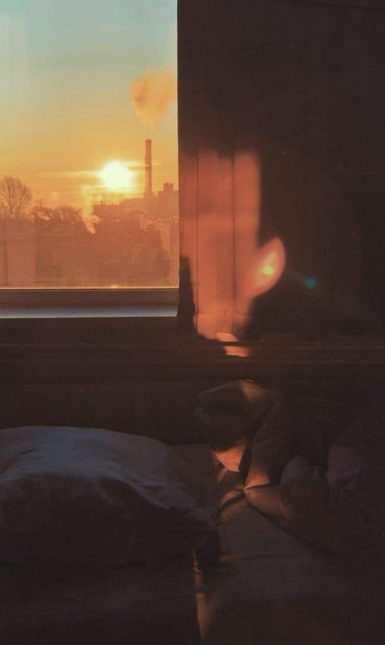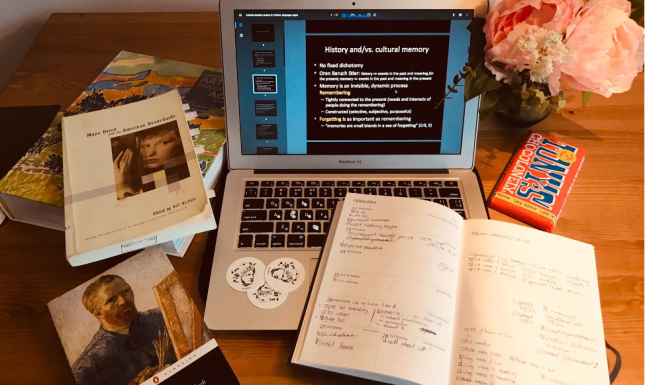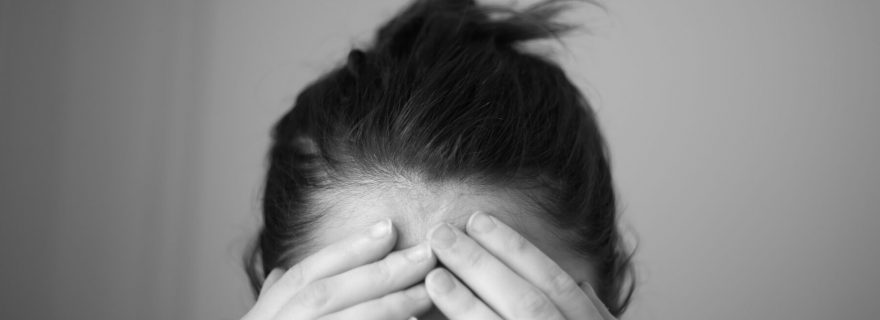Lockdown Letters
Students in the BA and MA programme share their personal experiences since the beginning of lockdown.

"Since I came back to my home country, Japan, my daily routine has changed a lot. It might sound hard when you hear that I have a class from 1.30 am until 3.30 am. But actually, it works fine for me because I personally do not like sleeping. Also, I do not have any classes in the daytime, so I can work and do an internship in Japan while my mind flies back to the Netherlands at night. Of course, there are difficulties in long-distance learning. For instance, there are books only available at the university library, and it is almost impossible to access them in Japan. Regarding the pandemic's effects on arts and culture, I found that many exhibitions are now held on a small scale. Thus, I can actually talk with artists and curators whom I would otherwise not be able to talk with. I believe that there are always advantages and disadvantages to a certain situation, so I am trying to take it positively because that is all I can do. Please stay safe and positive! And hopefully see you soon."
Wakana Kaitani, 2nd year AMS student

"A day in the life of an MA student recovering from COVID is a difficult one. My mind draws a blank most days, with my memory most heavily impacted. It is hard to remember conversations from one day to the next, and harder to keep up the workload in a continued state of amnesia. If research questions come to mind, within seconds they're no longer mine - succumbing to the weight of what feels like early onset of dementia. My desk, covered in coloured post-its, are my saving grace but their growing number of things to remember, an overwhelming spiral. The pandemic has revived many a paradox; what ought to feel easy feels harder and what is naturally inconvenient, now seemingly one’s only adventure. Online classes now characterise an abyss of amplified nervousness, called to contribute to faces unfamiliar and to blank screens unknown. With museum engagement changing, artistic avenues multiplying, social media dictating creative activity, the concept of industry related study is firmly challenged. With economies adapting, greater uncertainties arising, and fierce debate to fund national heritage - what persists is young dissociated purpose. Will the world, amnesia-ed by COVID or not, remember and value our space?"
Innoka Bartlett, MA Arts & Culture

"The current lockdown is physically and emotionally challenging for students. It has been painful to adapt to the new virtual reality of online studies while trying to figure out my future. Well into my 2nd year of Arts, Media and Society BA, I still have hard time grappling with the concept of studying art without being able to visit museums. Writing an essay about a photo from the Special Collections at Leiden University without having a chance to take a closer look at it in real life required a lot of creativity and imagination. Dealing with online lectures, deadlines and activities of the student association have improved my time management skills. I also learned to make more efficient use of browsing through online libraries, getting more focused on finding necessary research information. Although lockdown slightly impacted my daily routine, I identified a golden mean between studying, socializing and hobbies. I learned how to better plan and spend quality time with friends and fellow students, which emotionally helped me a lot to get through lockdown. Given the current Covid restrictions I have spare time for new hobbies such as learning Dutch or doing morning workouts. Generally speaking, as difficult as this time can be, one has to find some positive aspects even in such situations and I hope we come out of this difficult period stronger."
Margarita Kilimnik, 2nd year AMS student


0 Comments